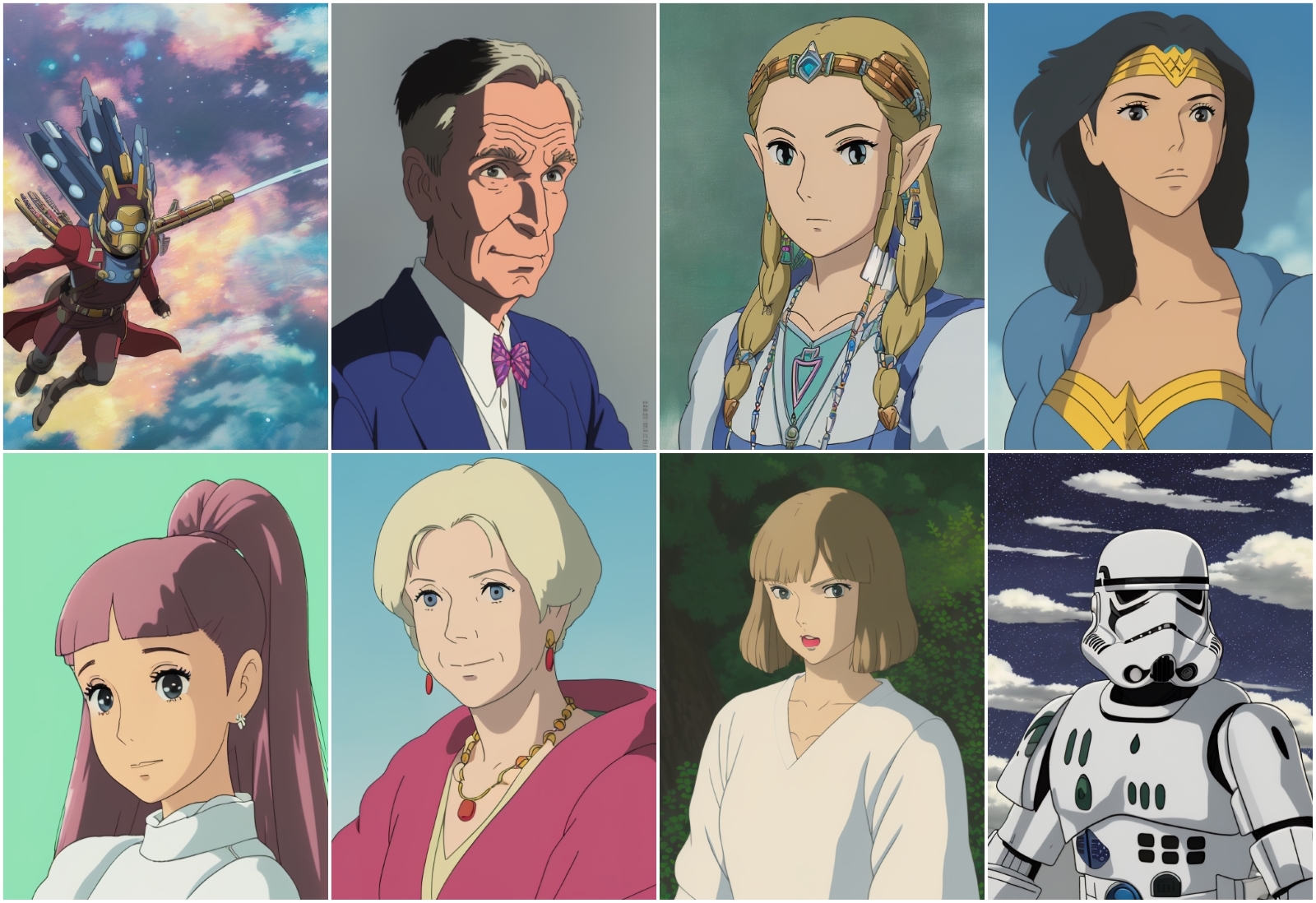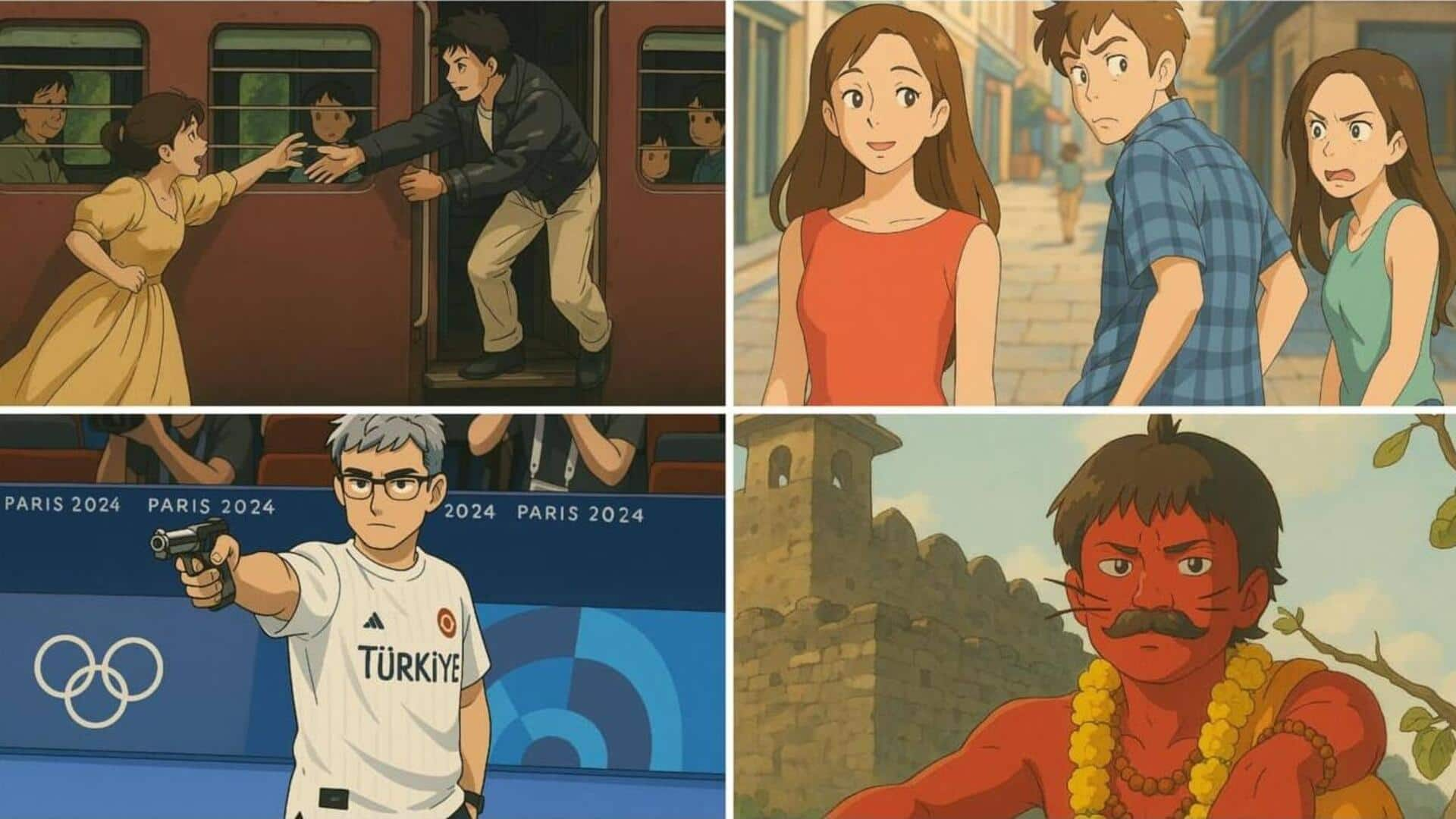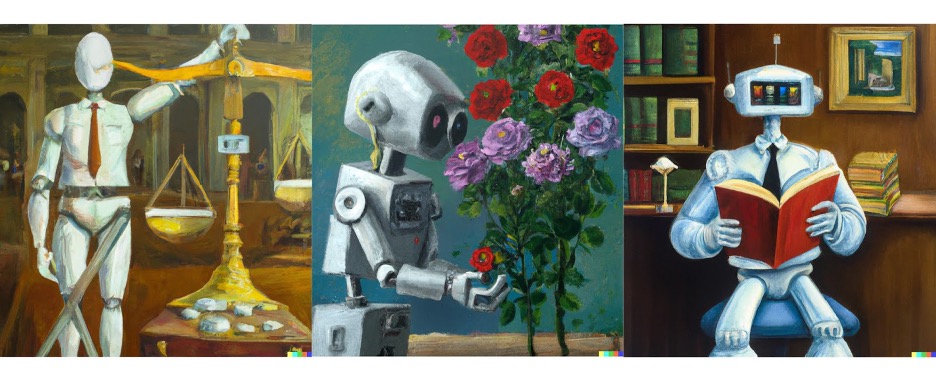Ghibli-style AI art brings ethical, copyright concerns for ChatGPT ...
Fans of Studio Ghibli, the famed Japanese animation studio behind “Spirited Away” and other beloved movies, were delighted this week when a new version of ChatGPT let them transform popular internet memes or personal photos into the distinct style of Ghibli founder Hayao Miyazaki. However, the trend also highlighted ethical concerns about artificial intelligence tools trained on copyrighted creative works and what that means for the future livelihoods of human artists.
AI and Animation
Miyazaki, known for his hand-drawn approach and whimsical storytelling, has expressed skepticism about AI's role in animation. The recent development of ChatGPT's image generator tool has allowed users to apply the Ghibli style to various images, including personal photos and iconic internet memes.

OpenAI's Approach
ChatGPT maker OpenAI has faced copyright lawsuits over its flagship chatbot but has largely encouraged the “Ghiblification” experiments. The company's CEO, Sam Altman, even changed his social media profile picture to a Ghibli-style portrait. OpenAI has taken a conservative approach in mimicking the aesthetics of individual artists, with specific refusals in place for generating images in the style of living artists.
Concerns and Criticisms

As users shared their Ghibli-style images on social media, Miyazaki’s previous comments on AI animation resurfaced, highlighting his disdain for the technology. Legal experts have raised questions about the training of AI models on Miyazaki or Studio Ghibli’s work, and whether proper licenses were obtained for such training.
Artist Karla Ortiz, who is involved in a copyright infringement case with other AI image generators, criticized OpenAI's use of Ghibli's branding and reputation for its products. The issue of consent and compensation for using artistic styles without permission has been a point of contention.
Legal Perspectives
While some argue that artistic style is not copyrightable, others contend that specific elements within a work may be protected. The debate extends beyond surface-level style to encompass more nuanced similarities and potential copyright infringement.

Overall, the emergence of Ghibli-style AI art has brought to light complex ethical and legal considerations, raising important questions about the intersection of technology, creativity, and intellectual property rights.










